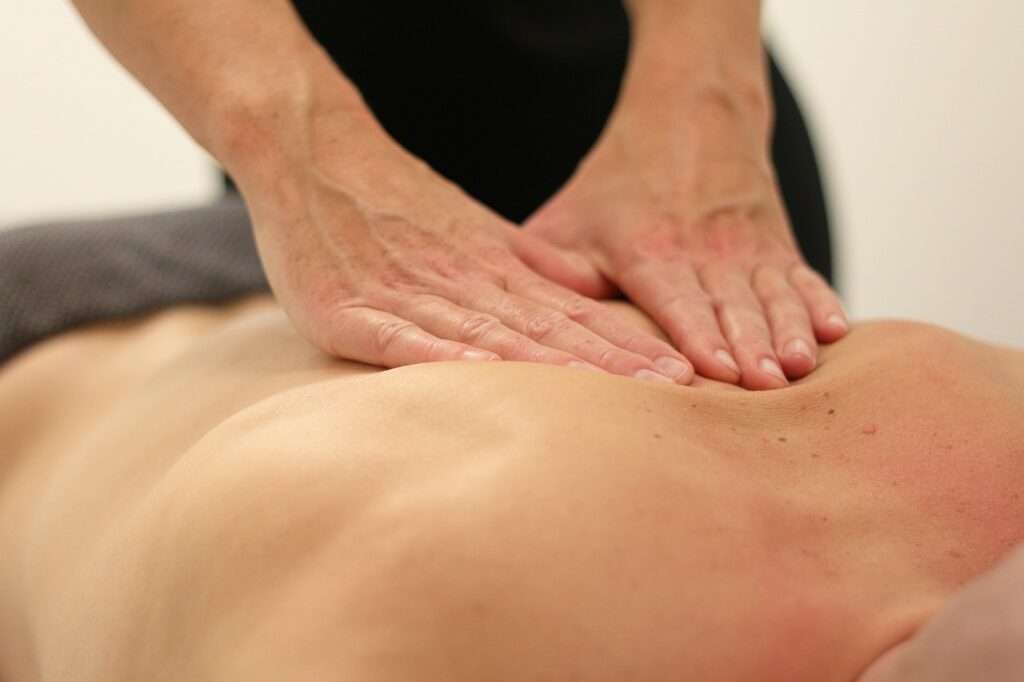In today’s fast-paced world, stress and lifestyle related problem are very commonly seen, many people are moving towards Ayurveda. Ayurveda is an ancient Indian system of medicine it offers a treasure of wisdom that can help us to lead a happy and healthy life. By incorporating Ayurvedic practices in our daily routines, we can calm our mind, body, and spirit, and experience a profound transformation. In this article, we will explore seven Ayurvedic practices that can enhance your well-being and promote a healthier and happier life.
Content
- Ayurvedic Dinacharya (Daily Routine)
- Ayurvedic Herbs and Remedies
- Ayurvedic Ahara (Nutrition)
- Pranayama (Breathing Exercises)
- Yoga and Exercises
- Sattvic Lifestyle
- Abhyanga (Self-Massage):
Ayurvedic Dinacharya (Daily Routine):
Dinacharya is a sanskrit word which means daily routine. It emphasizes on the importance of a consistent daily routine, aligning your activities with the natural flow of the day. According to Ayurveda one should wake up early ideally before sunrise, engage in activities such as tongue scraping, oil pulling, and meditation. Follow a balanced meal schedule, breakfast should be the heaviest meal and dinner should be the lightest. Establishing a regular sleep pattern is also crucial for maintaining optimal health.

Ayurvedic Herbs and Remedies:
Ayurveda utilizes a wide range of herbs and remedies to restore and maintain health. Incorporating Ayurvedic herbs like ashwagandha, turmeric, tulsi and triphala into your routine, after consulting an Ayurvedic practitioner{[]}. These herbs possess healing properties and can support various aspects of well-being, including reducing stress, immune system enhancement, and improvement of digestion.

Ayurvedic Ahara (Nutrition):
According to Ayurveda, food is not the only source of nourishment but also a powerful medicine. We should eat a predominantly plant-based diet, rich in fresh fruits, vegetables, whole grains, and legumes. We should focus on eating mindfully, chewing your food thoroughly, avoid overeating and not using mobile phone or watching TV while eating. Incorporating spices such as turmeric, cumin, and ginger, which possess digestive and healing properties, will always keep you healthy. Consulting an Ayurvedic doctor can help you personalize your diet based on your unique constitution [Make An Appointment ]

Pranayama (Breathing Exercises):
Pranayama, the practice of controlled breathing, is an integral part of Ayurveda and yoga. Focused breathing techniques can help you purify your body, calm your mind, and increase vital energy (prana). Practicing pranayama exercises like Nadi Shodhana (alternate nostril breathing) and Kapalabhati (skull-shining breath) is a very good option to balance the doshas and enhance mental clarity.

Yoga and Exercises:
Ayurveda and yoga go hand in hand, complementing each other. Regular yoga practice helps improving flexibility, strength, and balance while promoting harmony between the mind and body. Incorporating asanas (yoga poses) that are suitable for your dosha to address specific imbalances. Consult a qualified yoga instructor for your unique needs [Make An Appointment ]

Sattvic Lifestyle:
Ayurveda encourages adopting a sattvic lifestyle, characterized by purity, balance, and harmony. Surround yourself with a clean and clutter-free environment that promotes peace and tranquility. Cultivate positive relationships and engage in activities that nurture your soul, such as spending time in nature, practicing gratitude, and pursuing creative endeavors. Avoid excessive stimulation from electronic devices and prioritize self-care.

Abhyanga (Self-Massage):
Abhyanga, the practice of self-massage, is an essential part of Ayurvedic routine. It involves gently massaging warm oil onto the body, which nourishes the skin, improves blood circulation, and calms the nervous system. One should choose a suitable oil based on your body constitution (dosha) or consult an Ayurvedic practitioner. Regular abhyanga can promote relaxation, reduce stress, and enhance overall health. [Visit us now]

Conclusion:
By incorporating these seven Ayurvedic practices into your daily life, you can experience big changes in your overall well-being. Ayurveda offers a holistic approach to health, emphasizing the importance of balance, mindfulness, and self-care. Remember, Ayurveda is a personalized science, so it is beneficial to consult with an Ayurvedic practitioner for your unique needs. Ayurveda is a form of lifestyle which will make your life healthier and happier. SO CONSULT OUR DOUCTOR NOW.
